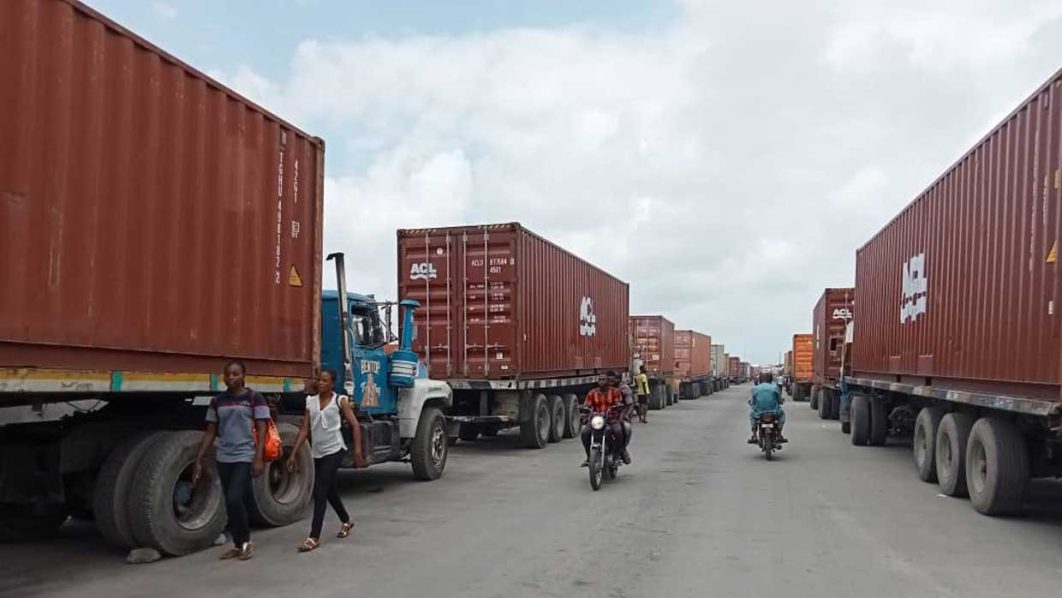
The General Secretary of the Association of Maritime Truck Owners of Nigeria (AMATO), Mohammed Sani, has advocated the urgent adoption of digital and infrastructural reforms to address inefficiencies and corruption in logistics and port systems.
Sani emphasised the critical need for a call-up e-tag system to eliminate shunting and call-up racketeering as well as the installation of terminal access barriers to curb unauthorised cross-crossing activities.
These measures, he said, would streamline operations, improve terminal efficiency, reduce corruption, ensure seamless evacuation of cargoes, enhance security and safety within the ports as well as the ease of doing business in Nigeria.
The Trucks Transit Parks Limited (TTP) had emphasised the urgent need for the implementation of Radio-Frequency Identification (RFID)/e-tags and the e-Callup Interchange Transaction Number (EITN) for ease of trucks’ entry into and exit from the ports.
This followed the Eto call-up system racketeering where desperate truckers buy Eto tickets that are officially sold for N10,750 and N21,500 with VAT inclusive, depending on the park or pre-gate, for as much as N150,000.
“Our ports are vital to the nation’s economy. By implementing these solutions, we can enhance the ease of doing business, facilitate trade, eliminate corruption, and ensure the seamless evacuation of cargoes,” Sani stated.
He further underscored that the reforms would contribute significantly to Nigeria’s global trade competitiveness, calling on stakeholders to prioritise these initiatives to achieve sustainable development in the maritime sector.
The Head of Research at the Sea Empowerment Research Center, Eugene Nweke, echoed a similar sentiment, advocating the modernisation of regulatory processes and the establishment of a central transport regulator.
He said to improve efficiency and reduce corruption, regulatory agencies must leverage technology, modernise their procedures and foster strategic collaboration among stakeholders.
Nweke further underscored the importance of collaboration among regulatory agencies and industry stakeholders to transform the maritime sector. He said these reforms will enhance Nigeria’s global trade competitiveness and address persistent challenges such as inefficiency, corruption and security lapses in the logistics and port industry.






